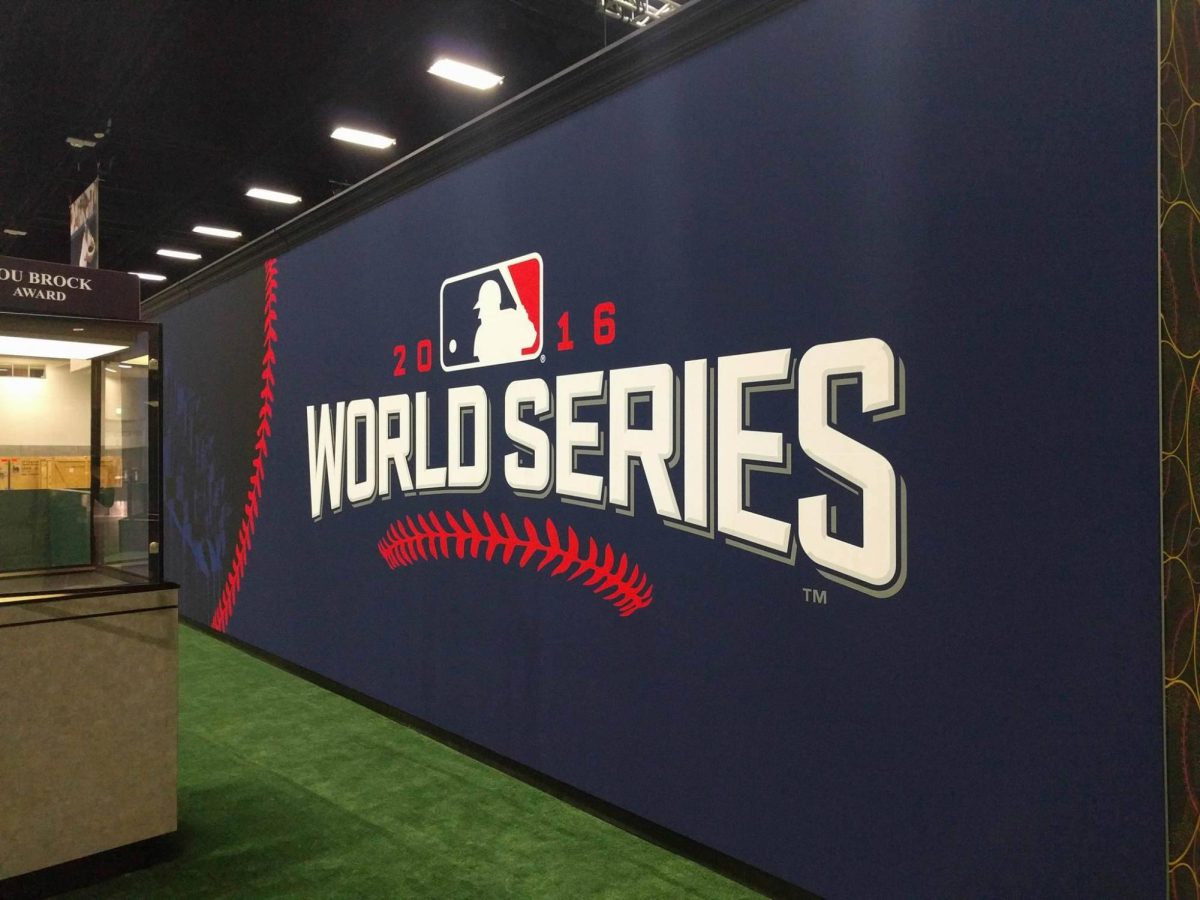There are many different types of study techniques that students can use to prepare for a test or quiz. However, certain techniques don’t work well for everyone. In fact, it takes time and patience to understand the level at which you know exactly what helps you do well on an exam.
Personally, I like to make my own study guides for history, which is a subject with a lot of material. On the other hand I like to make flashcards for science, English, and Spanish. These study habits are ones I learned to use over time because they help me the most. There are many ways one can effectively tackle the burden of studying for a hard exam.
Surprisingly, a study by The Washington Post showed that rereading and highlighting text is not very effective. The study found that simply rereading and highlighting doesn’t help in absorbing knowledge as well as other techniques, such as practice testing or long-term practice. This means either making yourself a practice test or spacing out your studying throughout the course of several days.
The study further shows that instead of cramming in one night, an hour of studying per night for a week is much more effective. Instead of merely memorizing facts and information, it is better to dig deeper and ask yourself “why” or “how” questions. This strategy is called elaborative interrogation and it is very effective in subject areas like history and science, where there are not simple answers.
Another study done at Chadron State College showed that the study environment and time of day is important. Making a study schedule is beneficial. Poor time management might lead one to study at midnight the day before a test, clearly not an ideal time.
Also, studying in the same place everyday will make a student more productive. Along with that, it is easier to study on a clean desk where there are no distractions, like a TV or a phone. The desk should have all of the materials needed for study prior to the start of studying, so that no interruptions become reasons to procrastinate. Procrastination is a huge problem that can easily be avoided with the proper choice of time and setting for studying to take place.
“While we can learn or study techniques for almost anything we might want to accomplish, real understanding is not the mere accumulation of knowledge. Understanding cannot be realized by listening or reading about the realization of others. It must be achieved firsthand via substantive, direct perception in the moment.”― H.E. Davey
Davey supports evidence that shows that memorization isn’t always the best strategy, and going farther in depth to understand the subject material will likely garner a better understanding of concepts and ideas and maybe even a higher grade on a test.
A common misconception among students is that if they memorize everything, they will do better. However, this only applies to certain types of tests.
Studying is not easy for everyone, and that is why it is very important to try different techniques to see which works best for you!










































